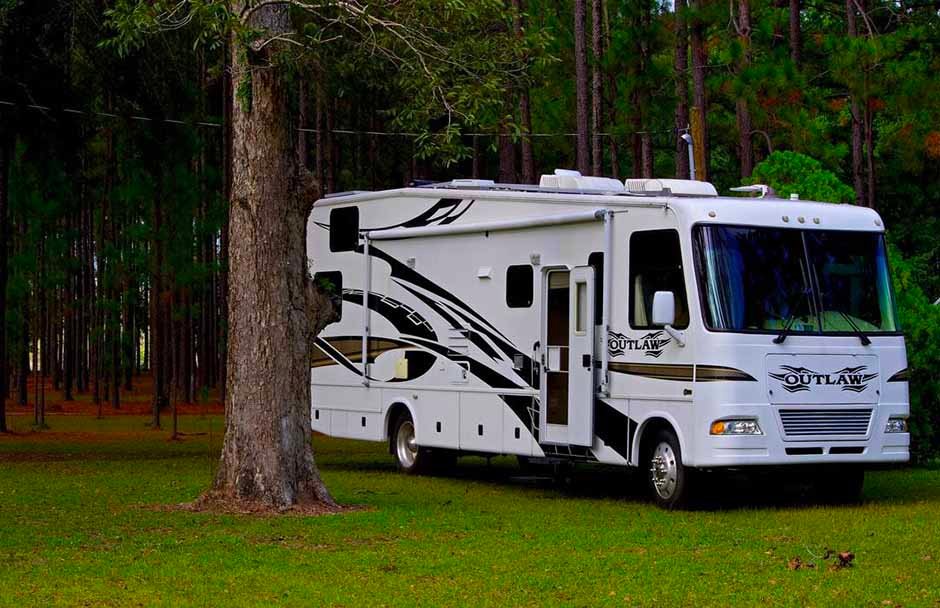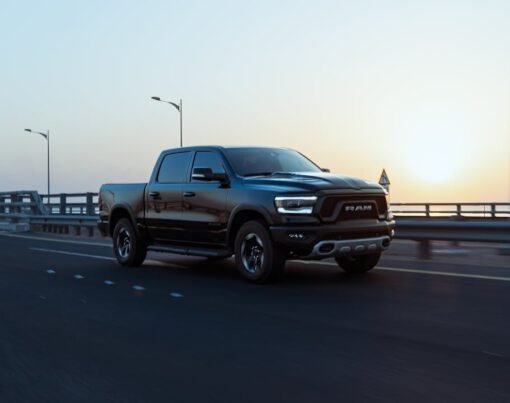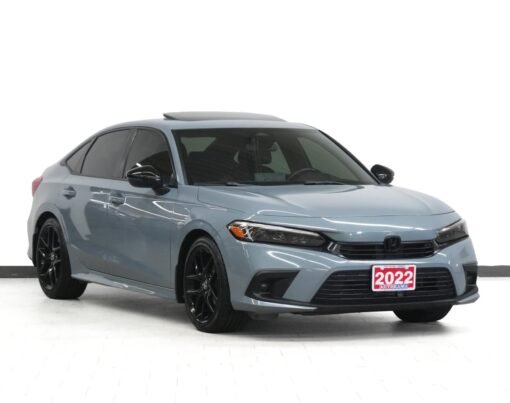Did you know that the RV industry has an economic impact of $140 billion in America?
Buying your first RV can be a thrilling and life-changing experience. It opens you up to adventure and freedom so you can check out the great outdoors in comfort and style.
However, many first-time buyers make common errors that can lead to expensive mistakes and a disappointing RV experience. To avoid these pitfalls, we’ve compiled a list of eight common first-time RV buying errors and how to avoid them.
Table of Contents
1. Not Researching Sizes and Types of RVs
The first mistake many first-time RV buyers make is not researching the different types and sizes of RVs available. RVs come in many shapes and sizes, ranging from small teardrop trailers to massive motorhomes. Each has its advantages and disadvantages, and the kind of RV you choose will depend on your budget, travel style, and camping needs.
Before you start shopping for an RV, take the time to research the different types and sizes of RVs available. Consider how many people will be traveling with you, your budget, and the amenities you need. It’s worth looking at 5th wheel RVs for sale to get a better feel for RV types.
2. Not Shopping Around
Another common mistake first-time RV buyers make is not shopping around. Many buyers head straight to their local RV dealership without considering other options. However, by shopping around, you can compare prices and find the best deal on your RV.
In addition to your local RV dealership, consider checking out RV dealerships in nearby cities. You can also browse RVs for sale online and attend RV shows and expos to see a wide range of RVs and compare prices. Consider the reputation of the dealership, the condition of the RV, and the warranty and service options.
3. Not Factoring in Regular RV Maintenance Costs
Owning an RV requires regular maintenance to keep it in good condition. Many first-time buyers don’t factor in the cost of regular maintenance, including oil changes, tire rotations, and winterizing. Not maintaining your RV properly can lead to expensive repairs down the line.
Before you purchase an RV, research the regular maintenance requirements and costs. Make sure you budget for these expenses and factor them into the total cost of owning an RV. Keep in mind that maintenance costs will vary based on the size and type of RV.
4. Not Comparing RV Costs
Another mistake first-time RV buyers make is not comparing the costs of different RVs. RVs can vary significantly in price, and it’s essential to compare the costs of different models and brands.
When comparing RV costs, consider the features and amenities each model offers. Cheaper RVs may have fewer amenities or lower-quality materials, while more expensive RVs may have high-end features and finishes. Decide which features are essential to you and choose an RV that meets your needs and budget.
5. Not Considering the Essential RV Features
When shopping for an RV, it’s essential to consider the features and amenities you need. Many first-time buyers make the mistake of choosing an RV based on its looks or price without considering the essential features they need. By considering your must-haves, you can narrow down your options and find an RV that meets your needs.
Before you start shopping for an RV, make a list of the essential features you need. This list may include a comfortable bed, a full kitchen, a bathroom, and storage space. For example, if you plan to travel with children or pets, you may need additional sleeping space or a designated pet area.
6. Not Considering the Cost of Ownership
Another mistake first-time RV buyers make is not considering the cost of ownership. Owning an RV comes with ongoing expenses beyond the purchase price, such as insurance, maintenance, repairs, and storage. It’s essential to consider these costs before purchasing an RV.
When considering the cost of ownership, factor in the cost of insurance. This can vary depending on the type and size of the RV, your driving record, and your location. You’ll also have to cover regular maintenance, repairs, and replacement parts along with storage or campground fees.
7. Not Inspecting the RV Thoroughly
Before purchasing an RV, it’s essential to inspect it thoroughly to make sure it’s in good condition. Many first-time buyers make the mistake of not inspecting the RV or only doing a quick walk-through. When inspecting an RV, look for signs of wear and tear, including water damage, rust, and worn tires.
Check the roof and seams for any signs of leaks, and inspect the electrical, plumbing, and HVAC systems. Test all appliances, lights, and switches to make sure they’re in good working order. If you’re not confident inspecting an RV yourself, consider hiring a professional to do it for you.
8. Not Negotiating the Price
Some dealerships may have a set price for their RVs, but many dealerships are open to negotiation. Before you start negotiating, do your research and make a note of the fair market value of the RV you’re interested in. You can use online pricing tools and browse RV forums to get an idea of what others have paid for similar RVs.
When negotiating, be polite and respectful, but don’t feel shy about asking for a better deal. You may be able to save hundreds or even thousands of dollars by negotiating the price of your RV.
You Can’t Afford to Make These First-Time RV Buying Errors
Buying your first RV can be a thrilling experience, but it’s important to avoid these common first-time RV buying errors. Remember, an RV is a significant investment. Following this advice will allow you to get the most out of your RV experience and enjoy many years of adventure on the open road.
Want to make life even more magical? Browse our blog for more inspiration.










